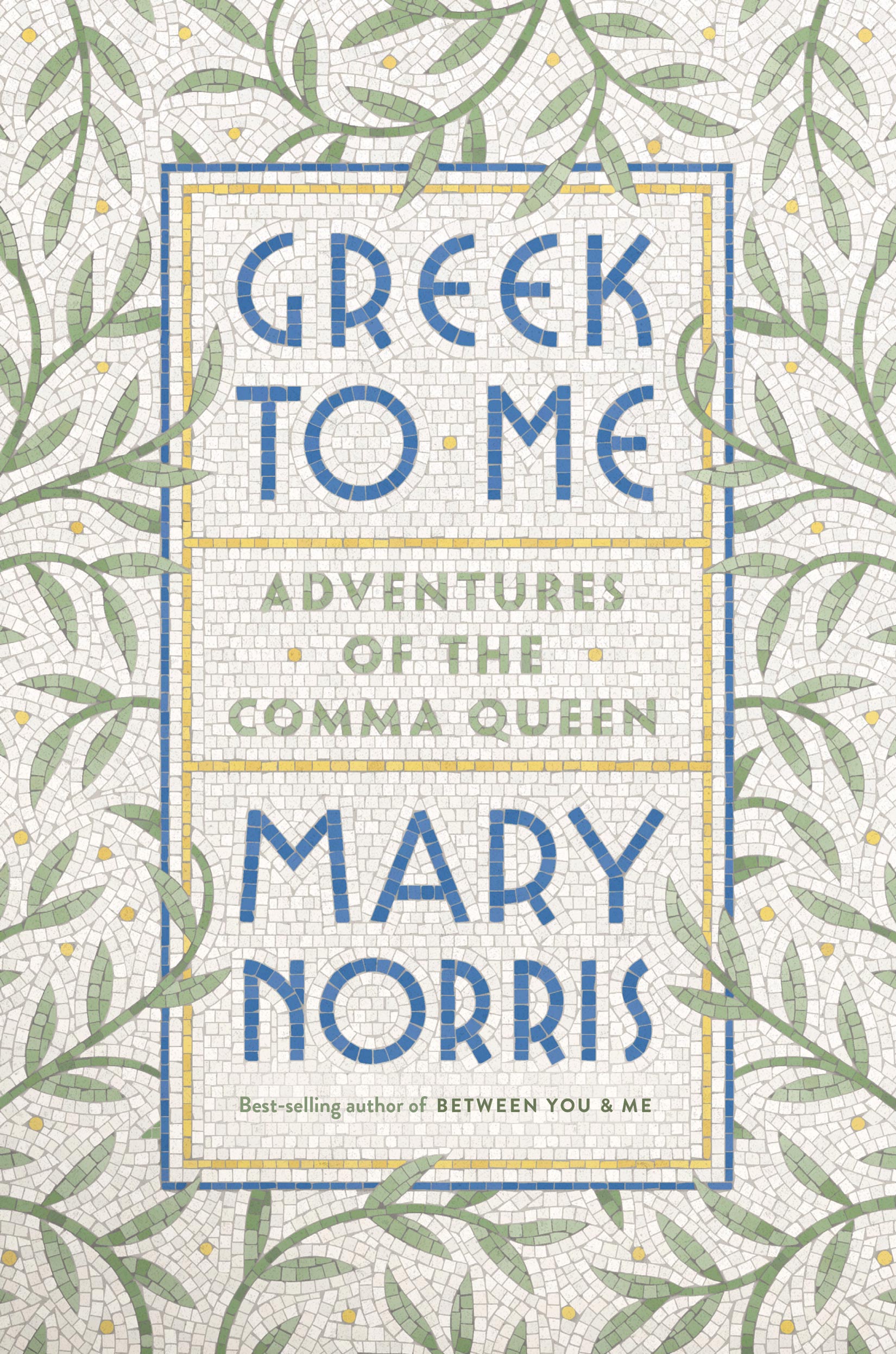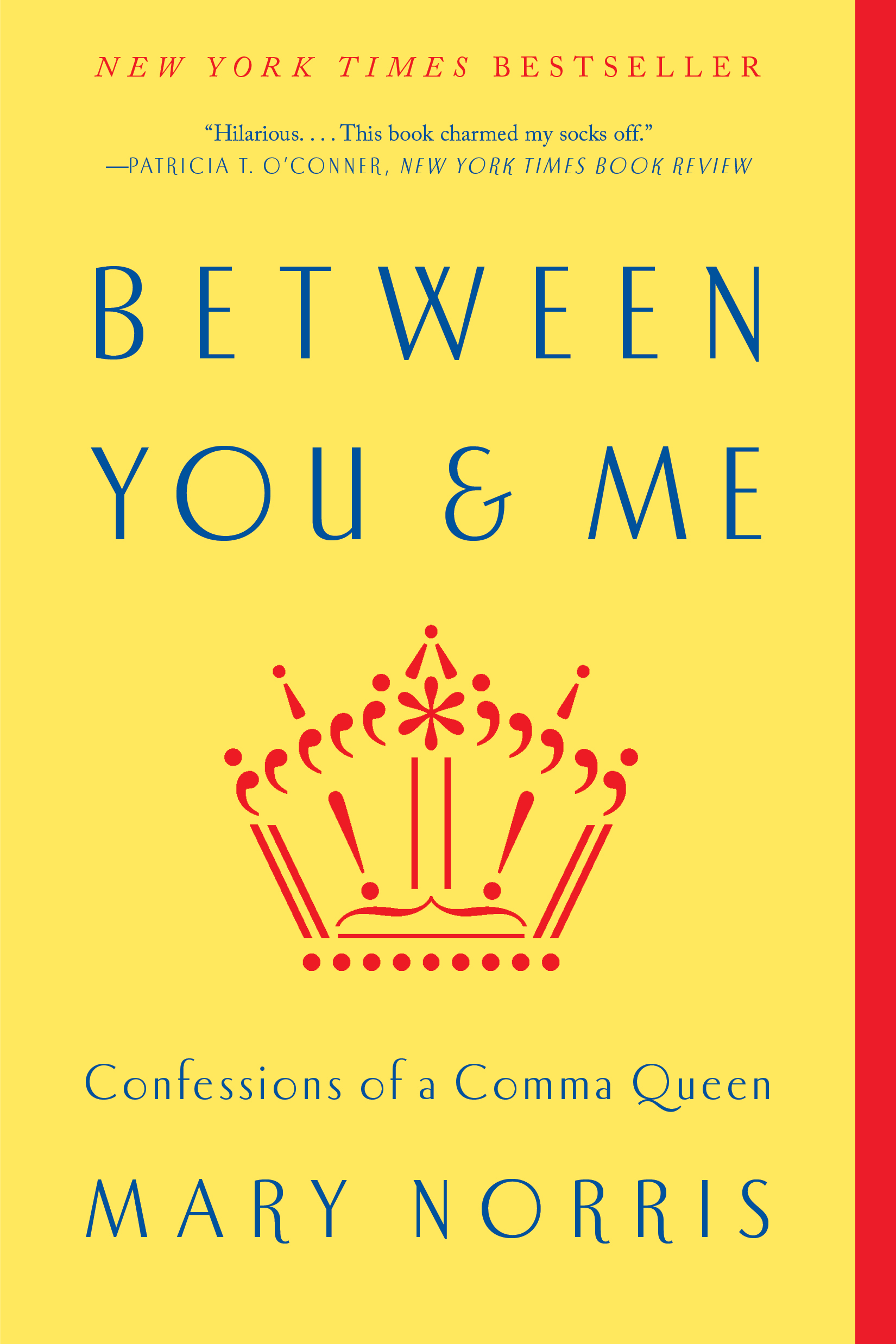Dec. 17, Cosmos Club, Washington, D.C.
Once I found out that Jim Conaway was going to be at the Cosmos Club for a Book and Author Dinner about GREEK TO ME, my talk fell into place. I would begin with the etymology of “cosmos.” It means the world—cosmopolitan = worldly city—with an emphasis on its orderly arrangement, Venus dangling like an earring under the crescent moon. I’d talk briefly about the origins of my interest in Greek (not the origins of my place in the cosmos) and how I came to write a book about Greece. It all began right here in Washington, D.C., where a woman named Deborah, who worked at the National Gallery of Art, included me on a press trip to Greece, as a representative of Town & Country. (Their first choice had cancelled.) It was April of 2013, and I was supposed to be home working on a book about English grammar, but I couldn’t resist. To assuage my conscience, every day of the trip I scribbled a little something about the Greek alphabet, hoping I could shoehorn it into the book on English. Phi is for feta, omicron is for ouzo, tau + zeta is for tzatziki . . . None of this made it into my first book, but when it came time to contemplate a second book, my editor remembered these fragments—shards—and asked, Would you like to write a book about Greek?
Out came the early travel pieces that had never found a home: a piece on walking the Sacred Way became a chapter on Demeter, which forced me to write about my mother; a long essay on Cyprus was the basis for a chapter on Aphrodite and my twisted relationship with beauty. The press trip found its way into the chapter called “Acropolis Now”: staying at the Athens Hilton, getting a guided tour of the Acropolis, and finally, on the third try, getting to see the mosaics in the monastery at Dafni—the highlight of the trip and possibly of my life. But my writeup of the most eventful episode, which unfolded on the way back to Athens after a side trip to the Peloponnese and felt like a short story in the raw, survives in a single jokey clause, toward the end, about a bus stuck in traffic (the book has a typo, “struck in traffic”).
Our luxurious bus had broken down, leaving us standing on the highway outside Corinth, sniffing the acacia, and when a replacement bus arrived, the driver took off at top speed to deliver us to Athens in time for our final event: a dinner, with all the museum directors and ministers of culture we had met, at the Benaki Museum. We hit a roadblock; the driver wrenched the bus into a U-turn, only to run into another roadblock (there was a footrace in Central Athens that night). One of the journalists, an art critic who had delayed us at every stop, now suggested that we abandon our plan to meet in the hotel lobby before proceeding together to the Benaki and instead bust our asses to get over there individually. Another, a freelance travel writer who had lived briefly in Athens and knew her way around, stood up suddenly and said, “This bus is not big enough for me,” and got off. A fashion writer who had not been steady on her feet during our whole itinerary toddled after her. The farewell meal had been delayed from 8 PM to 9:30, and finally, while we were still on the bus, the event was canceled. Dinner at the Benaki devolved into ouzo at the hotel bar. Instead of toasts and speeches, Jim, my ouzo partner, who appears in the book as “a gentlemanly Southern wine writer,” said of our misadventure, “Everyone’s true nature came out in the last hour.”
Besides Jim and an employee of the Greek state department named Andreas, the only other person I stayed in touch with from that trip was a young woman named Cristy, who worked in radio, and who had memorized the poem “Ithaka,” by Constantine Cavafy. I suppose it was the length of our journey that day that prompted me, in our last minutes on the bus, to ask her to recite the poem. Her delivery was unstudied and conversational, exactly as if she were leaning across the aisle, talking to a fellow-passenger, as indeed she was. Six years later, with Jim in the audience and Cristy in Salt Lake City, at the last event on the 2019 book tour for “Greek to Me,” I had an excuse to recite Cavafy: As you set out for Ithaka / hope the journey may be long, / full of adventure, full of discovery.

